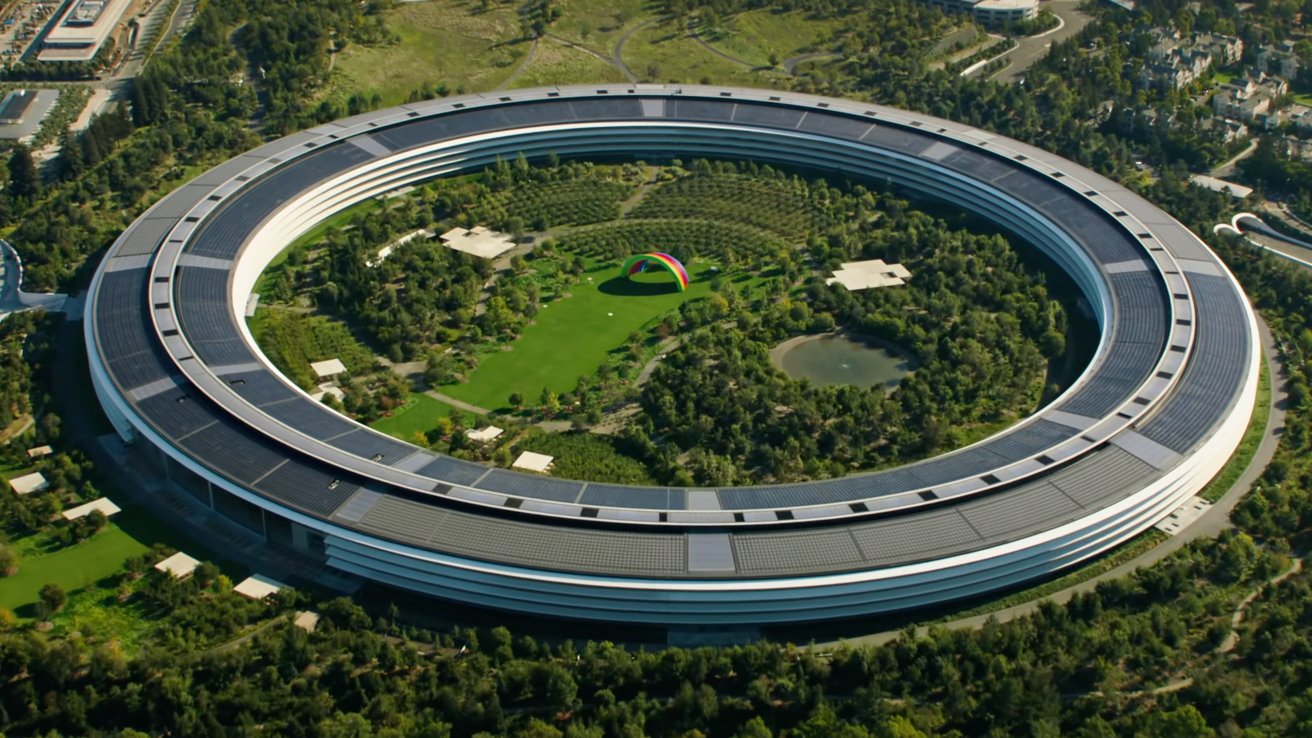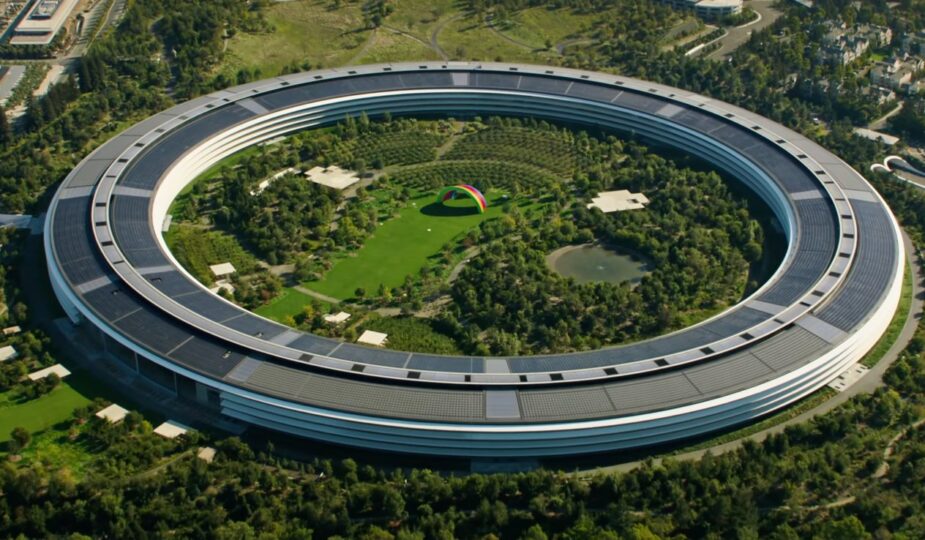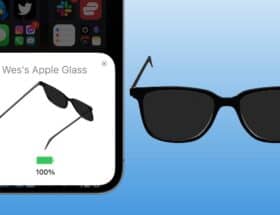Apple Park
 11 Facebook x.com Reddit
11 Facebook x.com Reddit
Apple has begun the process of filing a motion to subpoena the Justice Department over the App Store and other antitrust laws. actions to be rejected.
Apple's motion to dismiss the Department of Justice's (DOJ) antitrust allegations must begin with a preliminary letter of no more than three pages outlining its arguments for dismissal. Apple today sent this letter to US District Judge Julien Niles, arguing that this “case goes well beyond the antitrust laws.”
According to Apple, the Department of Justice has brought an antitrust case under Section 2 of the Sherman Act, and that it can only “pass the litigation” if three specific charges are proven to be substantiated. The Justice Department, Apple said, must prove that the company:
- Has monopoly power in the relevant market
- Engaged in anticompetitive conduct
- It had anticompetitive consequences.
“This complaint fails on all three counts,” Apple’s letter continues. “The Supreme Court has repeatedly held that the type of conduct at the heart of this case—namely, Apple's decisions about how and whether to grant third parties access to its platform—does not give rise to Section 2 liability as a matter of law. ” Apple then says the DOJ accused it of restrictions that it could not prove were anti-competitive. Apple “faces stiff competition from well-established competitors” and has no “the market share necessary to establish or determine market power.” So Apple is asking the court to dismiss the case. But it also goes further, accusing the Justice Department of trying to change antitrust laws. him, “should reject the proposal to develop a new theory of antitrust liability that no court has accepted.” Apple’s filing of this preliminary letter starts a process in which the Department of Justice will receive a response by the end of the month. Judge Neals may then call a conference with the two parties.
All next steps are up to Judge Neals, but assuming Apple is allowed to file a full motion to dismiss, it likely won't happen until mid-June. The DOJ can then file an objection again, and Apple can respond to it.
If the case gets that far and the judge refuses to dismiss the case, there will likely be a hearing, but a date won't be set for some time. However, given the scale of the case, it is likely that the dismissal motion will not be heard in court until September at the earliest.
If Apple's motion to dismiss is unsuccessful, the DOJ will continue to review the case and proceed to a full hearing. The dates for this will again be determined by the court.
With appeals expected regardless of either side's outcome, it is unlikely that the case will be resolved for several years.
Follow AppleInsider on Google News.










